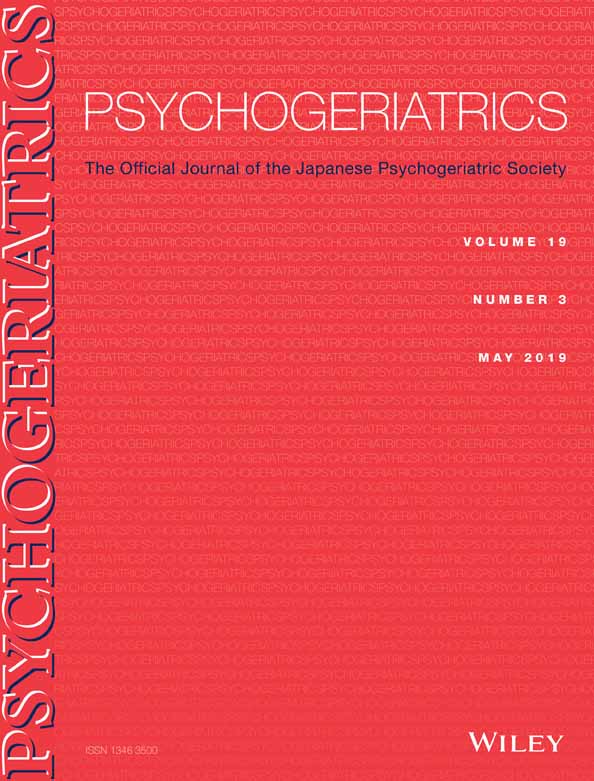Prevalence and correlates of depression among older urban community-dwelling adults in Sri Lanka
Abstract
Aim
As the population ages, mental health issues among the elderly are becoming a major concern worldwide, including in Sri Lanka. With rapid globalization, the coping and adapting skills of elderly individuals are tested, potentially revealing predisposition to psychological disturbances. Previous studies have indicated a higher risk of depression among the elderly. The current study attempts to quantify the prevalence and associated factors of depression in a highly urbanized setting within Sri Lanka.
Methods
A community-based, cross-sectional analytical study was carried out in the urban areas of Colombo District. The subjects were young elders (60–74 years) who permanently reside in the area. Depression was assessed by the item Geriatric Depression Scale Sinhalese version (cut-off score ≥8) among 1283 subjects. Logistic regression analysis was used to assess the association of depression with sociodemographic and health-related variables.
Results
The prevalence of depression in the sample was 13.9% (mild depression: 11.2%; moderate to severe depression: 2.7%). Among the sociodemographic predictors, female sex (odds ratio (OR) = 10.60), being 60–64 years old (OR = 1.61), being unmarried, separated, divorced, or widowed (OR = 3.73), income ≤20 000 Sri Lankan rupees (OR = 2.27), and perceived financial burden (OR = 3.15) were significantly associated with clinically significant depression. Among the health-related variables, smoking (OR = 2.18), alcohol use (OR = 7.58), presence of chronic disease (OR = 1.51), limitation in performing one or more instrumental activities of daily living (OR = 1.73), unsatisfactory partner relationship (OR = 2.94), perceived inadequate social support (OR = 2.47), experiencing abuse (OR = 3.90), and experiencing major life events (OR = 2.11) were significantly related with depression.
Conclusion
Depression is an important issue among the elderly living in an urbanized environment in Sri Lanka.




